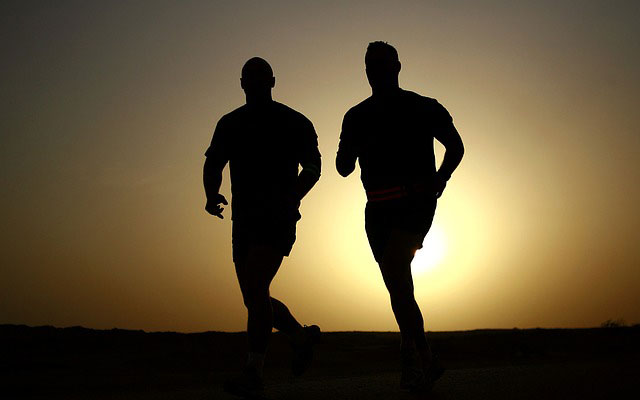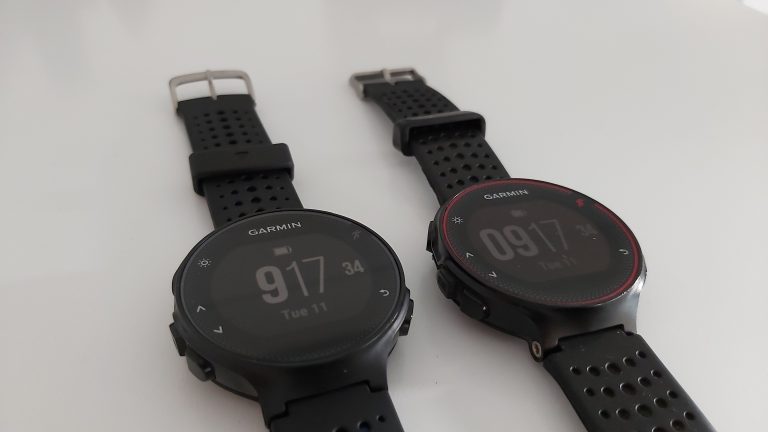It can be tricky to know whether you’ll need a drink or not when you first get into running. Even later down the line, as you start training for longer races, the question can crop up again. Here are some tips to help you decide.
The variables
Heat, humidity, duration of the run, how well hydrated you are beforehand and how much you sweat as an individual all need to be factored into your decision.
Heat and humidity
The warmer it is and the higher the humidity, the more you’ll need to drink of course. If, however, you’re not going out for very long, you’re already very well hydrated or you don’t sweat much, you may well not need a drink with you.
Duration of your run
Typically speaking, for any run over an hour in duration it’s not a bad idea having something to drink with you. In the summer or hot weather, it’s worth having the option of a drink even if you don’t expect to be out for long.
You don’t always have to take a drink on a longer run
Even if you’re running for more than an hour, you don’t necessarily have to drink. Studies consistently show that marathon winners are more dehydrated than their professional counterparts who finish just minutes behind them, meaning the performance drop from less fluid might not be as catastrophic as you think.
Now I’m not suggesting you deliberately dehydrate yourself in training, that wouldn’t be a good plan at all. It’s worth always having a drink to hand for safety’s sake, but it can be a useful tool in your training to get used to running without a lot to drink.
How to get your fluids
Since you’ll need a drink in a lot of your training runs, especially when marathon training for instance, you have some options. Hydration packs are great for single loops, especially if you’ll be doing a point-to-point race also, although the reduced skin area for heat dissipation can make you lose more fluid ironically. A bottle should be fine for your shorter duration runs, with a couple of smaller bottles being my suggestion so as not to cause an uneven movement pattern. Bottles also work well if you’re doing hill efforts of short, out and back sections within a longer run (such a 6 x 1-mile efforts) as part of an 8-10 mile run.
Whether you need a drink or not on your runs will vary. Make a note of your runs, which ones you take a drink on and which you go without. You can then assess what works best for you and improve training from there.
Written by Kyle Brooks, Running Coach based in Norwich, Norfolk







